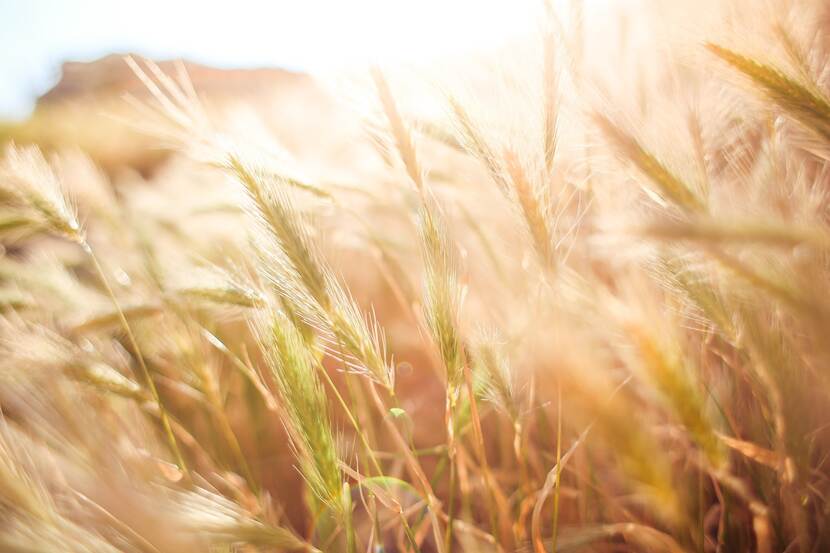Hungary repeals unilateral ban on Ukrainian products
The Hungarian government brings its import policy in line with the EU regulation; new subsidy for beekeepers; increasing consumer prices; Greenpeace campaign for the Carpathian Mountains

Hungary withdraws unilateral import ban
On his public Facebook site, last week, Minister István Nagy has announced both that the European Commission has extended the import ban on Ukrainian cereals (affecting wheat, maize, rapeseed and sunflower seed), and that it is “the success of the affected five member states” that the EU import ban will also apply to contracts predating May 2. Meanwhile, the Hungarian Government has effectively repelled its unilateral import restrictions.
The new 224/2023 (VI. 6.) Govt. Decree which amends the 130/2023 (IV. 18.) Govt. Decree on the unilateral ban on the import of Ukrainian cereals into Hungary, brings in line with the EU regulation 2023/1100 the import policy of Hungary, with the four restricted products remaining: common wheat (excluding the seed), maize (excluding the seed), rapeseed, crushed flax or linseed, also crushed (excluding the seed), sunflower seeds, also crushed (excluding the seed).
€7.7 million in apiculture subsidy to beekeepers
Minister for Agriculture István Nagy has announced this week that as a part of the Rural Development Program, a new subsidy titled “Bee Animal Subsidy Support” will subsidize almost two thousand beekeepers.
The subsidy was announced on June 3. The commitment period of the application runs from July 1, 2023, to December 31, 2024.
The minister added that the subsidy tender aims to enhance the ecosystem service capacity of bee colonies and prevent bee health issues by providing support for ensuring the hygiene and animal welfare conditions. The amount of support is €15 per beehive per year.
Consumer prices rose 21.5% y-o-y in May
TradeMagazin.hu reports, based on the latest figures from the Central Statistical Office (KSH), that consumer prices decreased by 0.4% m-o-m and rose by 21.5% y-o-y in May.
Food prices saw a sharp rise, with an increase of 33.5% y-o-y. Within the food categories, the highest increase was seen in the pastry category, with a 59.6% rise. Bread followed with a 52.7% increase, dairy products in general with 51.3%, butter and margarine with 46.8%, eggs with 46.1%, pasta with 37.4%, bakery products with 36.6%, milk with 34.9%, and cheese with 33.7%. Among the product groups, the smallest increase was observed in the price of flour, rising by 7.2%, and sunflower oil, which saw a 3.5% price increase.
Greenpeace regional expedition in the Carpathian Mountains reaches Hungary
This year, Greenpeace launched a forty-day expedition spanning five countries on exploring environmental degradation in the Carpathian mountain range, which reached Hungary in June.
The campaign focuses on the exploration of degraded areas and also on awareness raising. Greenpeace launched its expedition after the organization had, in the fall of 2022, discovered through the analysis of satellite earth observation images that deforestation in the Carpathian mountains had led to staggering levels of nature degradation (read the full report here).
The organization’s expedition spans Romania, Ukraine, Hungary, Slovakia and Poland. As a part of the project, Greenpeace activists visited the forests of the Mátra mountains in Northern Hungary in June.
"Out of our domestic forests, covering 2 million hectares, only 0.01% can be considered natural forests. People all around the world are beginning to realize the magnitude of the danger posed by the collapse of natural systems. The remaining forests in the Carpathians serve as habitats for countless wild animals and plants, they store significant amounts of carbon, retain water, and protect against floods, droughts, and other extreme weather events. Despite this, we are destroying them at an alarming rate. It requires a united effort within the European Union to save these valuable habitats, particularly if the EU aims to achieve the goals set forth in the Biodiversity Strategy. According to this strategy, 10% of land and water areas need to be designated as highly protected areas by 2030," said Dr. Katalin Rodics, biodiversity campaign manager of Greenpeace Hungary, during the tour.